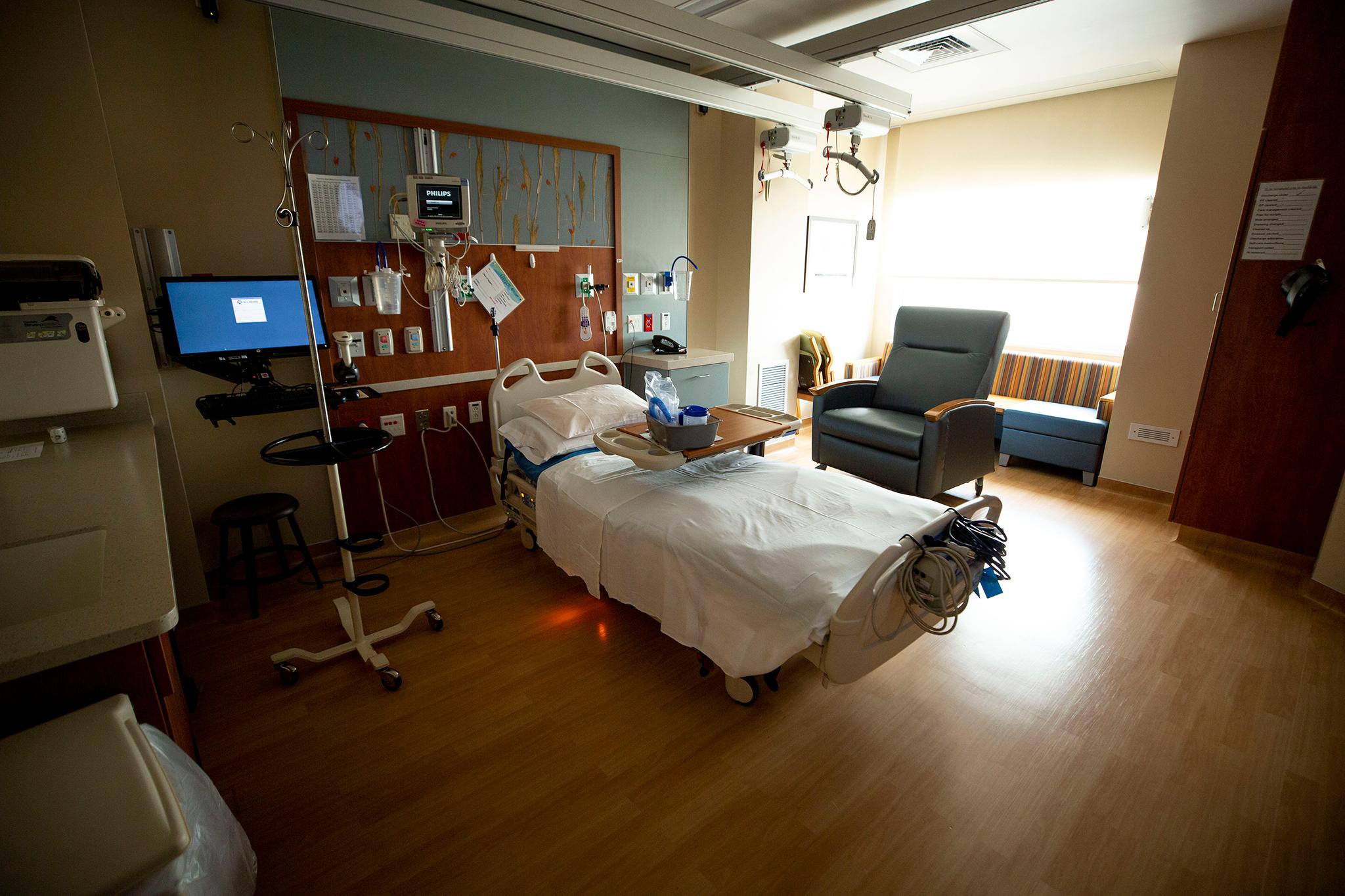
New state health department data show unvaccinated Coloradans are nearly six times more likely to die and almost four times more likely to be hospitalized from the coronavirus than their vaccinated neighbors.
And now residents will be able to access that information, along with details about so-called “breakthrough” cases, thanks to a new vaccine breakthrough dashboard on the state’s website.
State epidemiologist Dr. Rachel Herlihy said the state posted the data after requests from members of the public and journalists to help better track the progress of the pandemic. And the move comes with transmission rates of the virus high throughout the state.
Her biggest concern at the moment: younger children, who have yet to have a chance to get the vaccine.
“We are seeing right now the highest rates of transmission are occurring among school-age children,” she said, adding that the risk to kids right now is “certainly going to be in school settings, but it's also outside of school settings.”
The data shows that breakthrough cases tend to be older Coloradans
The data show a Colorado resident is 5.8 times less likely to die from COVID-19, 3.7 times less likely to be hospitalized for it and 3.4 times less likely to become a case, if they’re vaccinated. Health department officials showed that information on a graphic that read, “Protect Yourself: Get Vaccinated Now.”
Herlihy said the data showed how effective the vaccines are at preventing severe illness and death.
The new dashboard details cases, hospitalizations and deaths, as well as by vaccine type, and demographic group.
“Our vaccine breakthrough cases do tend to be older individuals and that same trend holds true for vaccine breakthrough hospitalizations and vaccine breakthrough deaths,” Herlihy said.
She cited several reasons, including that Colorado’s vaccinated population tends to skew a little bit older and the state's highest vaccination rates are among older age groups.
“We know that our older population is the population that is probably most susceptible to waning immunity. They may have not had the most robust immune response to the vaccine to begin with,” she said, adding that older residents are potentially at higher risk of becoming vaccine breakthrough cases.
Herlihy said the data reinforces the importance of wearing masks, especially for those who are at higher risk or in contact with those who are.
Vaccinations are up again, but there are still conflicts between health officials and those who oppose vaccinations.
Health department officials also detailed the state’s broader vaccination progress. After a major slowdown in vaccine administration after the spring, the pace of vaccinations has picked up a bit since early July — 74.7 percent of eligible Coloradans have now received at least one dose.
Coloradans 65 and older have the highest rates, with 89.2 percent now vaccinated. Among those ages 12-17, 56.3 percent are now vaccinated with at least one dose, with Front Range and central mountain communities leading the way.
“Colorado is doing pretty well,” compared to some other states, said Heather Roth, CDPHE’s immunization branch chief. “We're really proud about our progress.”
Roth was asked if she was concerned the state’s vaccination effort could be hampered by ongoing conflicts with some apparently opposed to vaccines.
The director of Jefferson County’s public health department said nurses and medical staff giving vaccine shots to the public were yelled at and harassed over Labor Day weekend, forcing her to pull vaccination vans off the road.
Roth said CDPHE was aware of the issue in Jeffco, and a “handful of other isolated incidents as well.” She said the agency worked with public safety officials to respond to “these types of threats.” She said Coloradans should contact their local law enforcement agency, if they're aware of a specific threat associated with the COVID-19 vaccine clinic and report any suspicious activity to the Colorado Department of Homeland Security and Emergency Management.
“So if you see something, say something,” Roth said.
Hospitalizations due to COVID-19 are still high in Colorado
Herlihy offered an update on the status of the pandemic in Colorado, saying the state now has 891 COVID-19-related hospitalizations.
That's the highest number since early January, when the state’s numbers were receding from the late fall spike.
“So certainly concerning trends that we continue to see as hospitalizations continue to increase in the state,” she said.
Herlihy called on parents to recognize that their kids are at risk potentially from exposure at school but also outside of school.
“With how widespread transmission is in the state right now, it is a pretty risky time to bring unvaccinated children to large gatherings,” Herlihy said.









